How To Use Lipspeakers – Support For Those Affected By Hearing Loss
02 October 2020
Lipspeaking supports deaf and hearing-impaired people to see the speech they cannot hear. The Lipspeaker provides clear lip pattern to make it easier to understand what is said.
Watch Frances Harris’ video, in which she demonstrates Lipspeaking, one type of professional communication support for people living with NF2- Neurofibromatosis Type 2. Frances is talking about hearing loss, lipreading, and how to use Lipspeakers. Lipspeaking can support those affected with hearing loss to keep their own independence in their day to day life. The service can not only provide support for education or official appointments but also for day to day life with family and friends.
Lipspeaking in a nutshell
A Lipspeaker presents spoken words clearly so that it is easier to lipread:
- The main Speaker talks
- The Lipspeaker listens
- The Lipspeaker presents the words clearly (with or without voice as required)
- The deaf/hearing-impaired person can then see the words
The clear lip pattern of the Lipspeaker makes lipreading and understanding speech very much easier. The Lipspeaker can also add visual clues on their hands and face to confirm the meaning and convey the tone.
- Lipspeaking provides a clear delivery at a steady pace, whatever the accent or speed of the main speaker(s)
- Lipspeaking reduces the effort and stress of understanding what is said
- Lipspeaking promotes accessibility for deaf and hearing-impaired people
- Lipspeaking can help across a wide range of situations. It brings those with hearing loss back into the conversation in their own right.
Frances Harris is trained both as a Speech/Language Therapist and as a Lipspeaker. She worked for 15 years in the Audiology & Hearing Implant service at Addenbrookes hospital in Cambridge, including 10 years within the NF2 multidisciplinary team, which gave her many rich encounters with those living with NF2. Her wide working knowledge of speech and voice, audiology and communication disorder makes her keen to provide communication support for people with hearing loss. We are grateful for her support to the NF2 community and to Nerve Tumours UK.
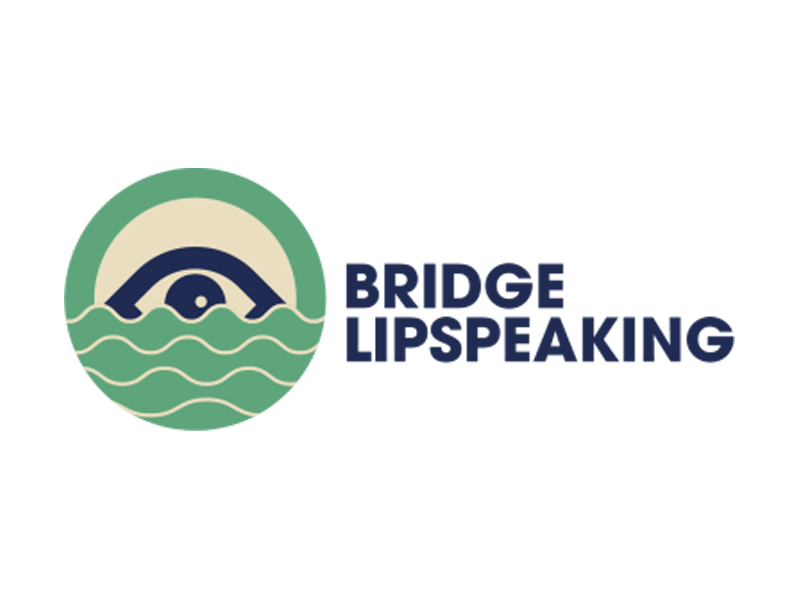
Frances is registered with the NRCPD and is a member of the Association of Lipspeakers.
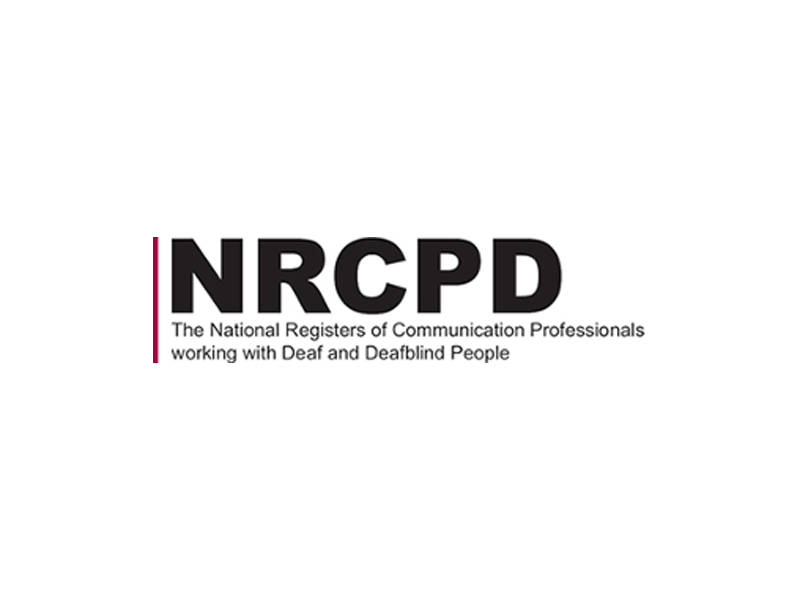
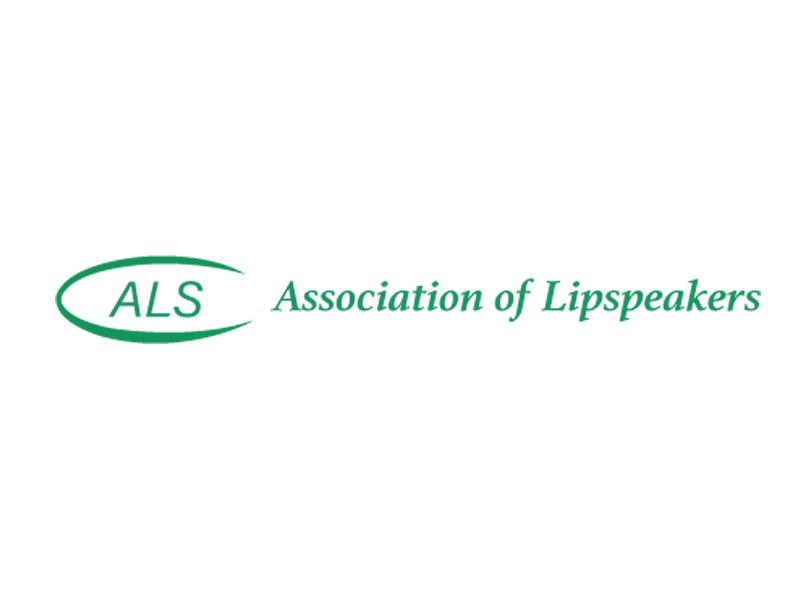
Filter News

NF1 & our Xander
Xander's parents have a unique fundraiser raffle, especially for LITRPG fans, with the aim of raising awareness of NF
Read More
RideLondon FreeCycle Sunday 29th May
Join Nerve Tumours UK on the official RideLondon Day 29th May 2022
Read More
RAISING THE ROOF COMEDY NIGHT
First night on the NTUK 40 years Comedy Circuit 2022 at London's Backyard Comedy Club
Read More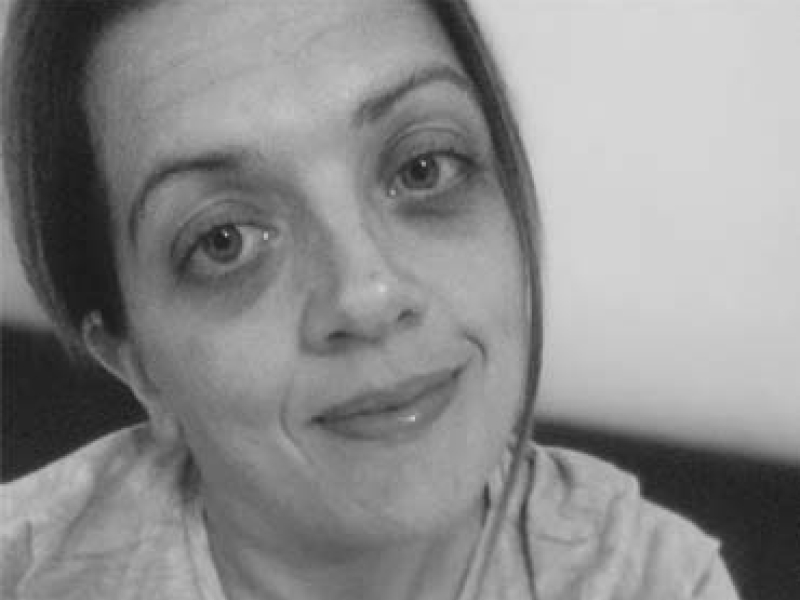
Chloe’s NF1 story
Chloe gives an honest assessment about coming to terms with having NF1 and how it has made her determined & strong
Read More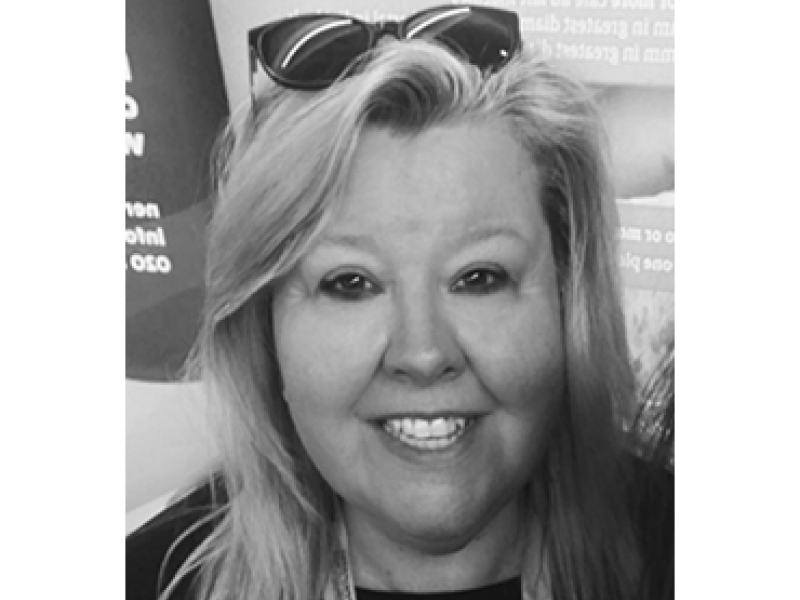
“Happy Easter”
A message from Karen, our Charity Director, wishing you a very Happy Easter!
Read More370x280_800_600_s_c1.jpg)
Lisa helps Shine a Light on Neurofibromatosis in Belfast
Lisa has NF1, & lobbied the Belfast Lord Mayor to get Belfast City Hall lit up blue on Neurofibromatosis Day, 17th May
Read More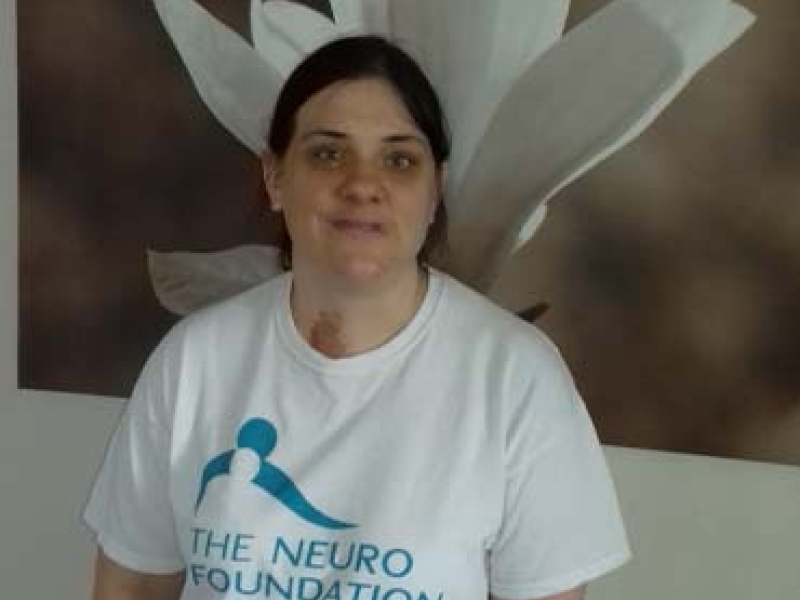
Alex’s NF1 story
Alex describes her life with NF1, growing up in care, doing adaptive boxing & gym classes & getting NCFE Care qualifications
Read More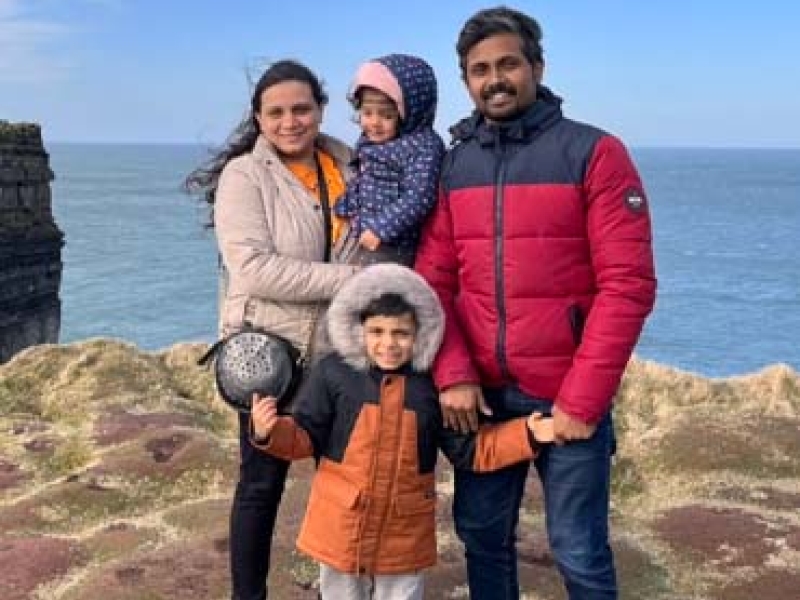
Sumeeth’s Schwannoma story
Sumeeth, thought nothing of a muscle twitch after a hangover - it was the first symptom that led to a Schwannoma diagnosis
Read More
Laura’s NF1 story
Laura is doing a skydive fundraiser to raise awareness & funds for NTUK, after her daughter was diagnosed with NF1
Read More
